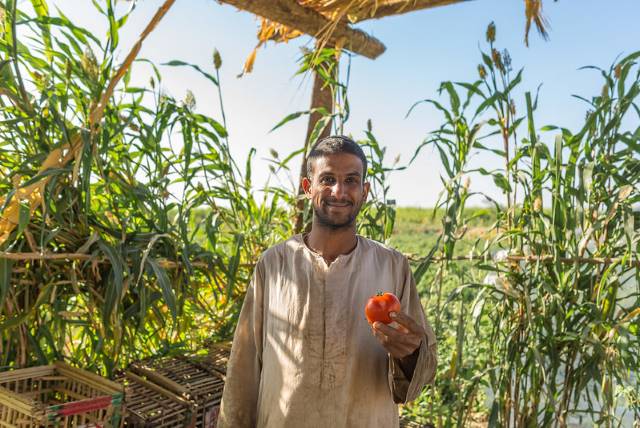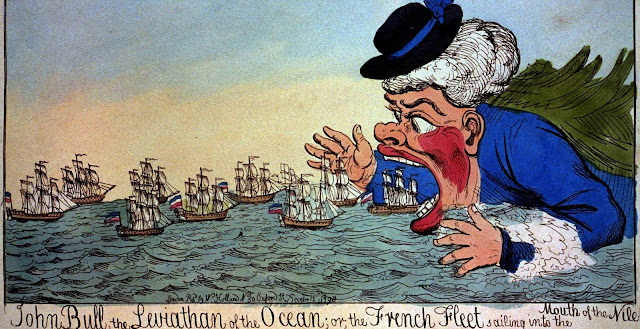Eleven years of failed negotiations: Why there is no agreement?
As a result, Ethiopia started to plan their own mega-dam with higher capacity and without any control from outsiders, even the International Panel of Experts. The country's argument that no one can have a word about their water still hardens negotiations. In 2015, however, when the construction started, there was a chance for agreement between the three countries. The Declaration of Principles (DoP) signing addressed some of the downstream countries' concerns. Although, it lacked technical details like allocation during dry years, which made further treaties impossible. The main problem here is that it is difficult to calculate the exact effect of construction and filling of GERD on downstream countries with the uncertain climate variation caused by climate change.
 |
| Signing the Dop: in 2015, it seemed that tensions would ease and the declaration will the starting point of cooperation |
Since then, negotiations did not progress, only hostility and distrust. The core disagreement is that Ethiopia does not want to mitigate downstream shortages without corresponding obligations from them. There were several attempts by foreign countries and institutions to mediate reconciliation. The Trump administration's discussions in 2020 showed their limitations. As an ally of Egypt, the US tried to 'convince' Ethiopia by withdrawing $272 million in aid. This act did not help, moreover strengthened Ethiopia's view that upstream countries still rely on the influence of the West in water management.
In April 2021, all communication stopped with the frozen AU-based negotiation. Simultaneously, Ethiopia finished the third stage of the filling holding 22 million cubic meter capacity from the planned 74. While Egyptian farmers are already complaining about water shortages. From the series of negotiations, it can be seen that major obstacles are the question marks around the dam's effects under extreme weather events and attempts to solve the issue through foreign powers instead of coordinated river treaties. More importantly, after GERD construction, participants see the conflict as a zero-sum game instead of pursuing win-win solutions of NBI.
 |
| A detailed timeline: 11 years of unsuccessful negotiations. Is there a solution? |


Comments
Post a Comment